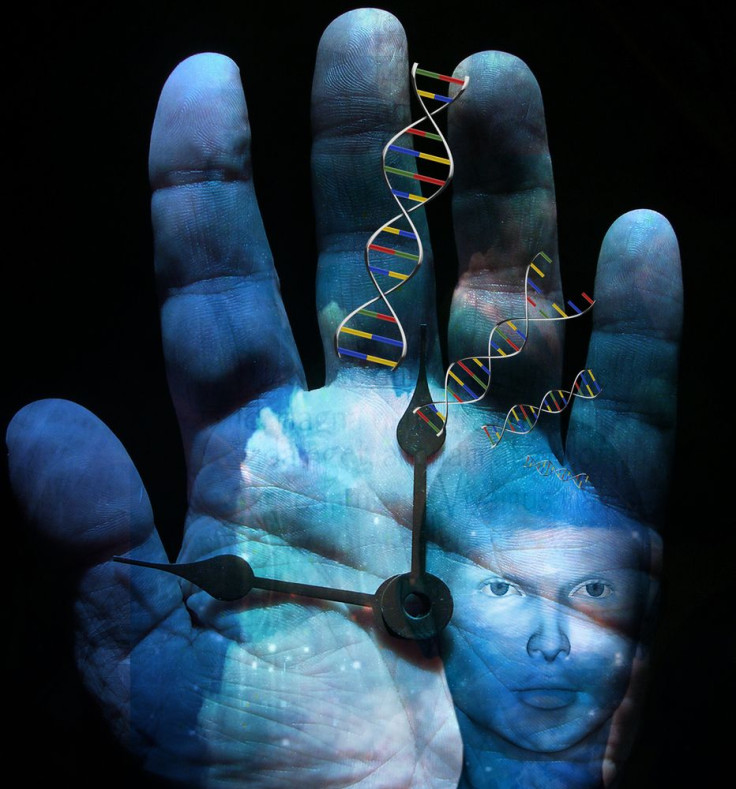How Long Will I Live? Scientists Find 'Biological Clock' May Predict Human Lifespan

Scientists can now tell how long you will live simply by analyzing your DNA. An international team of researchers have figured out a way to interpret chemical changes that occur over a lifetime. They, in fact, work as a sort of “biological clock” to help predict an individual’s expected lifespan. And the results, although perhaps a bit unsettling, have helped to expand our knowledge on human longevity.
Our Biological Clock
It seems that age actually is more than just a number and the age on your birth certificate is not nearly as important as the age printed in your DNA. In order to calculate an individual’s biological clock, researchers compared the volunteer’s actual age with the age shown by the chemical changes in their DNA, known as methylation. This process does not cause physical changes to the DNA but rather affects how certain genes are expressed.
Science Blog reported that those whose biological age was greater than their true age were likely to die sooner than those whose biological and actual ages were the same. This same process was repeated in four separate studies and included information based on 5,000 older individuals over the course of 14 years.
"The same results in four studies indicated a link between the biological clock and deaths from all causes," Dr. Riccardo Marioni, a researcher who had taken part in the investigation, explained, as reported by Science Blog.
These results continued to ring true even after factors such as smoking, diabetes, and heart health were taken into account.
What We Know About Human Lifespan
In 2005, the once oldest living person, Hendrikje van Andel-Schipper died at the age of 115. She donated her body to science, and from her blood researchers realized that human lifespan is limited by our stem cell’s capacity to self-replenish. At the end of her life, van Andel-Schipper’s remaining white blood cells had originated from just two stem cells, suggesting that most or all of the blood stem cells she had been born with had burned out. What also intrigued scientists about van Andel-Schipper’s blood was that the telomeres on her white blood were drastically worn down. Telomeres are the protective tips on the end of chromosomes, and we are now beginning to see how important of a role they play in our lifespan.
What’s most interesting is that since scientists now know what specifically causes natural death, they can now work on ways to reverse it. It’s been suggested that stem-cell replenishment may be a way to extend natural lifespan. “If I took a sample now and gave it back to myself when I’m older, I would have long telomeres again — although it might only be possible with blood, not other tissue,” Henne Holstege, lead researcher of the study on van Andel-Schipper’s blood, told New Scientist.
Another fairly recent study on human longevity revealed that an allele carried by one in five people was linked to longer lifespan. The allele, or genetic variation, known as KLOTHO, is also responsible for a larger prefrontal cortex, which is the area of the brain associated with decision-making. On the contrary, the around three percent of the population who carry just two copies of the allele KL-VS have been linked to a shorter lifespan.
"Genetic variation in KLOTHO could help us predict brain health and find ways to protect people from the devastating diseases that happen to us as we grow old, like Alzheimer's and other dementias," Dr. Dena Dubal, assistant professor of neurology at UCSF, said in a release.
Published by Medicaldaily.com



























